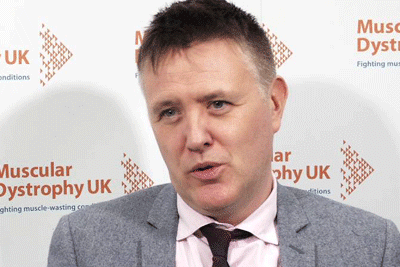We first described our project on LGBTQI+ Disabled People: ‘Hardly anything is known about issues involving personal assistants and support workers and their relationships with LGBTQI+ Disabled People’. Then one of the partners in the project (Social Care Institute for Excellence, Regard and Stonewall) pointed out that lots is actually known…by LGBTQI+ Disabled People themselves. It’s just that, up until now, it hasn’t been documented.
So that’s what we set out to do. And it’s important because LGBTQI+ Disabled People say they have experienced discrimination and social isolation. The partnership has recently published a report to discuss these issues but we’ve also put out some helpful resources in this area of social care and support. Self-directed social care support provides opportunities for LGBTQI+ Disabled People to exercise choice and control over the support that they get. But it can be a challenge.
More than 90% of those surveyed said that their needs as an LGBTQI+ Disabled Person were either not considered at all or were only given some consideration when their needs were assessed or reviewed.
‘Bad Bargains’
Our collaborative research, funded by the NIHR School for Social Care Research, highlights the barriers that people face and the lack of routine attention being paid to their human and legal rights. For example, choice and control can vary enormously. In more instances than not, those in the study had reservations about being open with personal assistants and staff about their sexual orientation or gender identity; they had experienced direct and overt discrimination from some personal assistants and support workers, or had made ‘bad-bargains’ whereby they (out of necessity) carried on with personal assistant relationships even when there was an element of self-censorship or negative attitudes.
What Can Be Done?
It’s a positive thing that this piece of research has gone ahead, so that at least the issues are now ‘out there’. And we offer two films and two briefings on how to improve things. There’s a film and briefing for LGBTQI+ Disabled People; and a film and briefing for personal assistants and support staff. The report, films and briefings can help everyone understand how to make self-directed support work for LGBTQI+ Disabled People; and all can be found here on the Social Care Institute for Excellence’s site.
The positive finding is that when care from personal assistants and support workers really meets the needs of LGBTQI+ Disabled People, people in our study talked about the positive impact on identity, inclusion and belonging.






